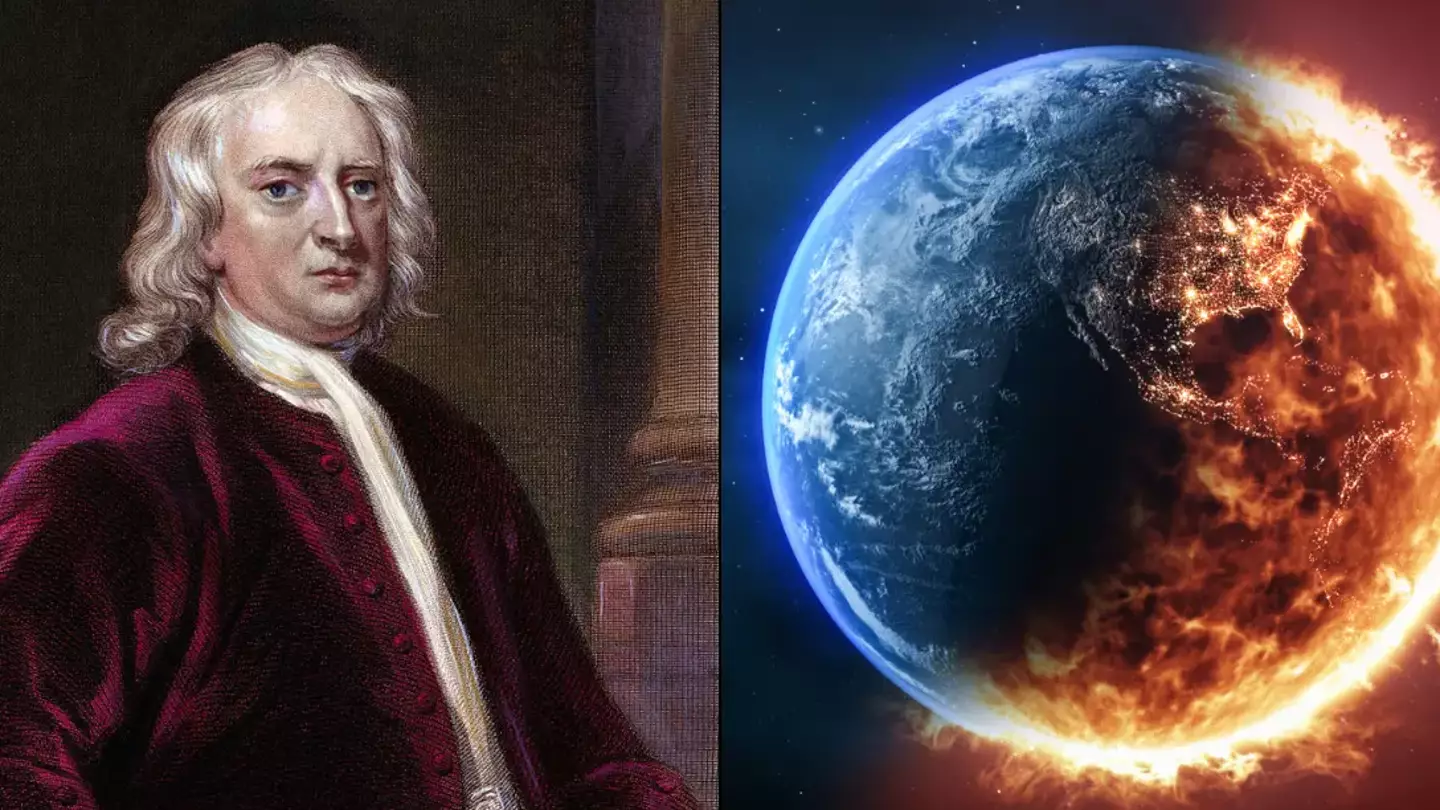
If you’re reading this, the chances are you’ll still (hopefully) be alive when this happens, so put it in your calendar.
Joking, of course, but when someone as influential as Newton makes a claim, the world listens.
After all, the 17th-century scientist is credited with formulating the laws of motion and universal gravity, which is, yeah, kind of a big deal.
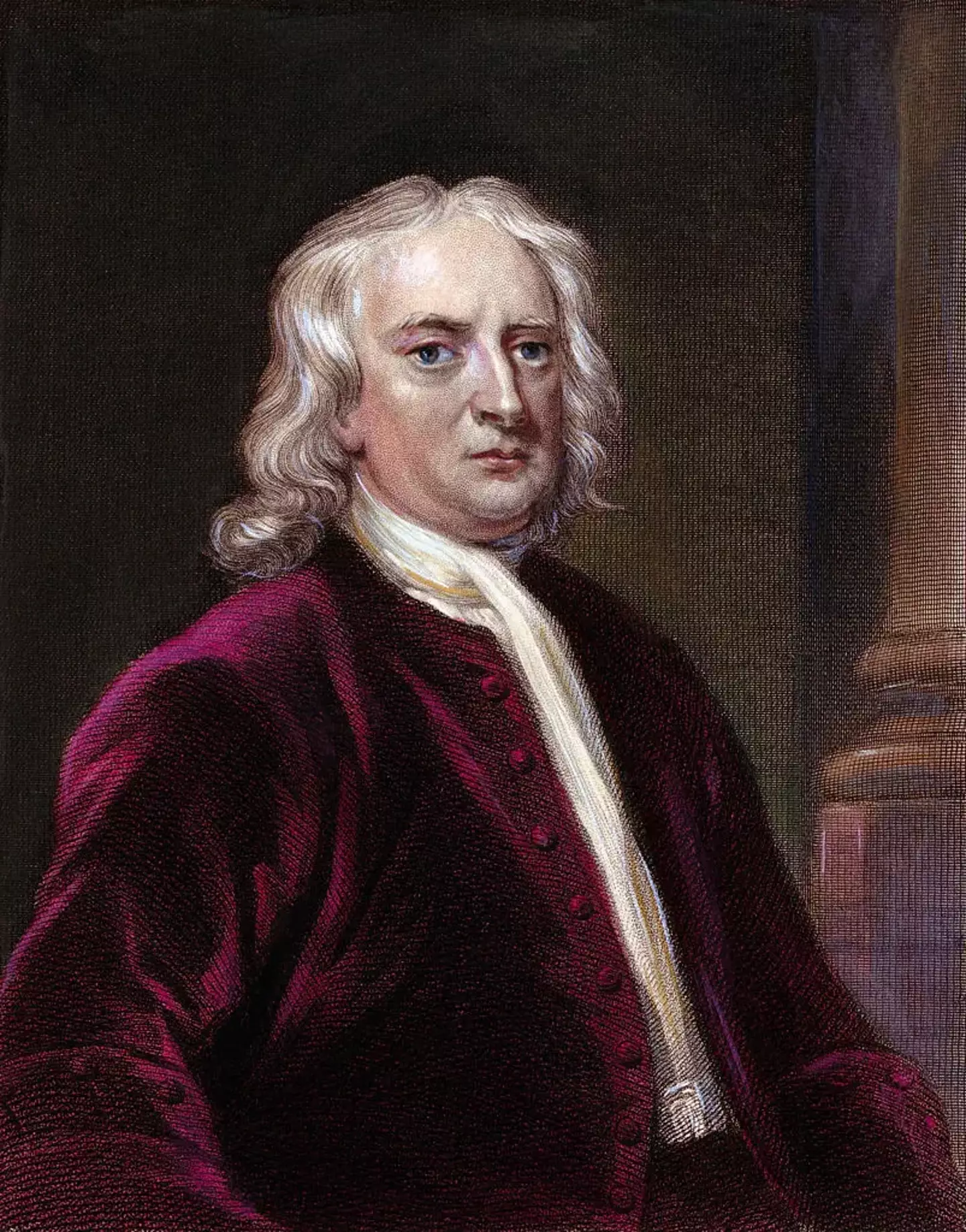
Isaac Newton predicted when the world would end (Getty Images/Bettmann)
Stephen Snobelen, the Director of the Newton Project Canada, has explained Newton’s strong religious beliefs, and how much of an impact it would have on our future.
“Newton believed both in God and that the Bible was a revelation from God,” he wrote in a blog post.
“He also believed that God was not bound by time as are humans, allowing Him to see the ‘end from the beginning’.
“Thus, to use Newton’s own words, he was convinced that ‘the holy Prophecies’ of the Scripture are nothing else than ‘histories of things to come’ (Yahuda MS 1.1, folio 16 recto).
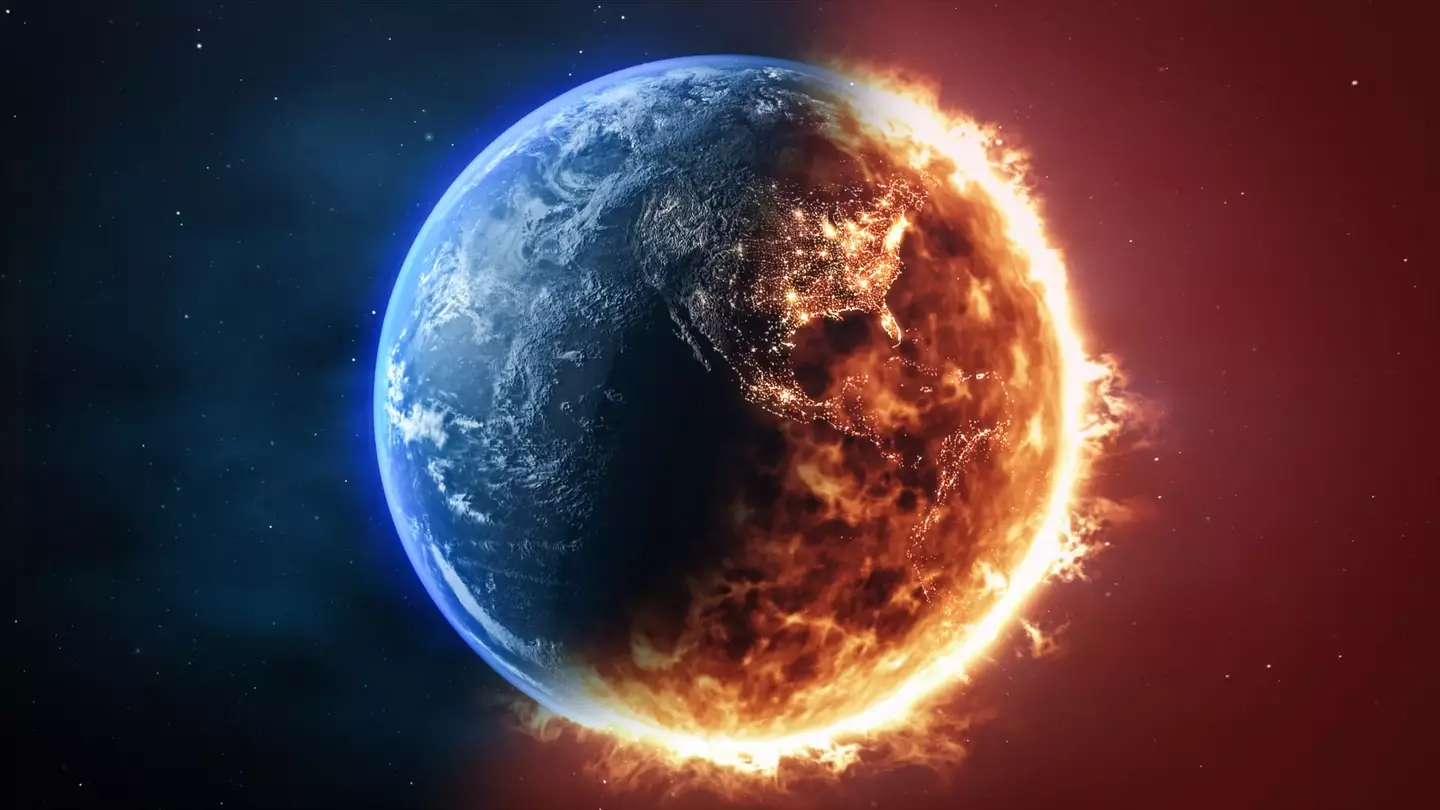
The end is near, apparently (Getty Stock Images)
“At the same time, biblical prophecy is written in highly symbolic language that requires skilled interpretation.
“Newton rose to this challenge as he attempted to discover the future of the world in the words of the prophets.”
To come to a date, Newton worked out some equations on a piece of paper, with Snobelen saying the calculations used were ‘simple arithmetic that could be performed by a child’ based around various time periods.
And the date he came to? 2060.
Ah, well, we’ve had a good run, haven’t we?
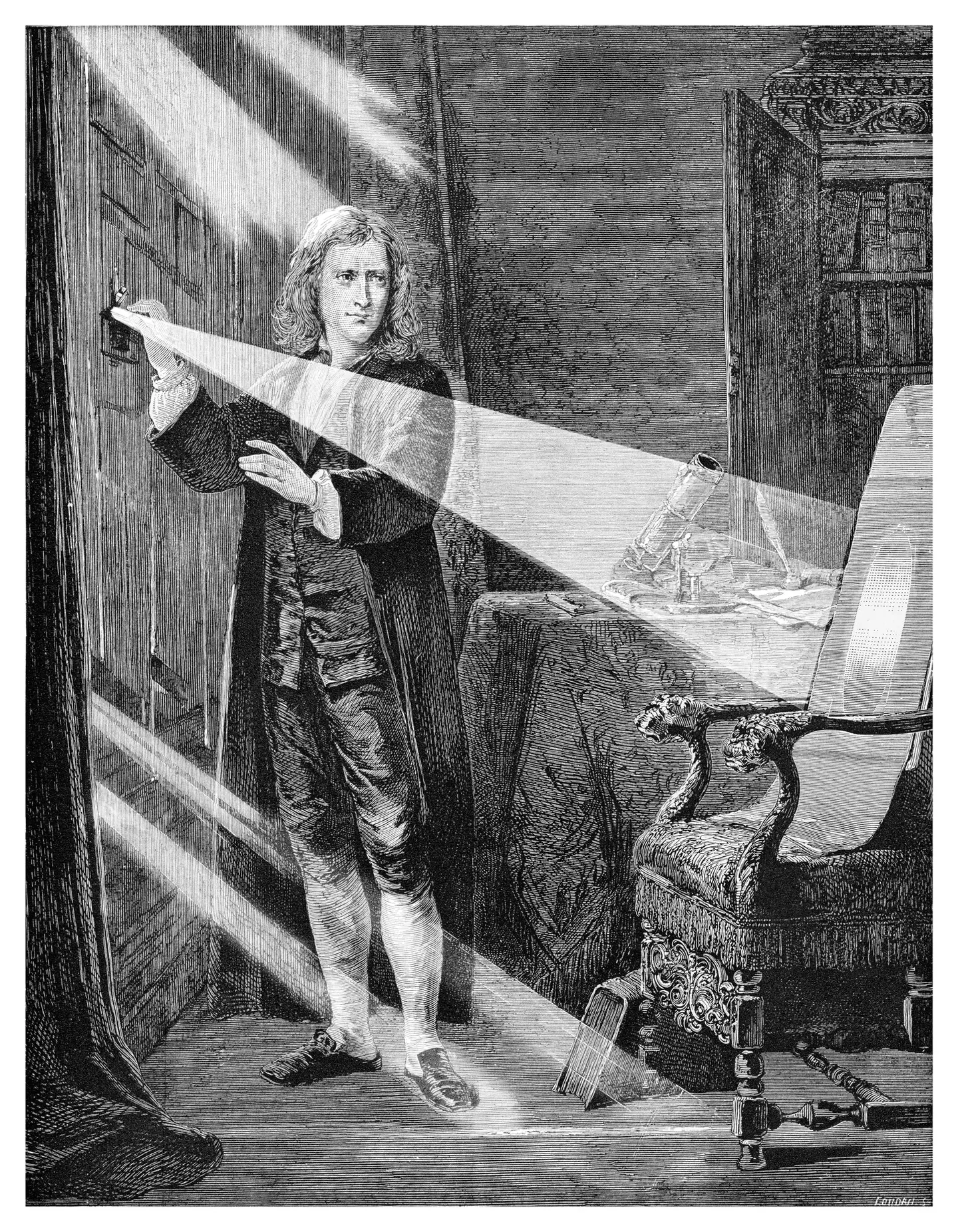
Newton is of the most influential scientists of all time (Getty Stock Images)
Although Newton warned that there would be ‘wars and cataclysms’ in the run-up to 2060, Snobelen added: “For Newton, 2060 A.D. would be more like a new beginning. It would be the end of an old age, and the beginning of a new era.”
He went on to say that Newton likely would have expected that ‘Christ would return and set up a 1000-year Kingdom of God on Earth’.
“Citing the prophet Micah, Newton believed this Kingdom would usher in a time of peace and prosperity, a time when people would ‘beat their swords into plowshares, and their spears into pruning hooks’ and when ‘nations shall not lift up a sword against nation, neither shall they learn war any more’,” he explained.
Whether his predictions turn out to be accurate or not is anyone’s guess – let’s all catch up in 36 years and see where we are, eh?
The Insta story would be very lit indeed.
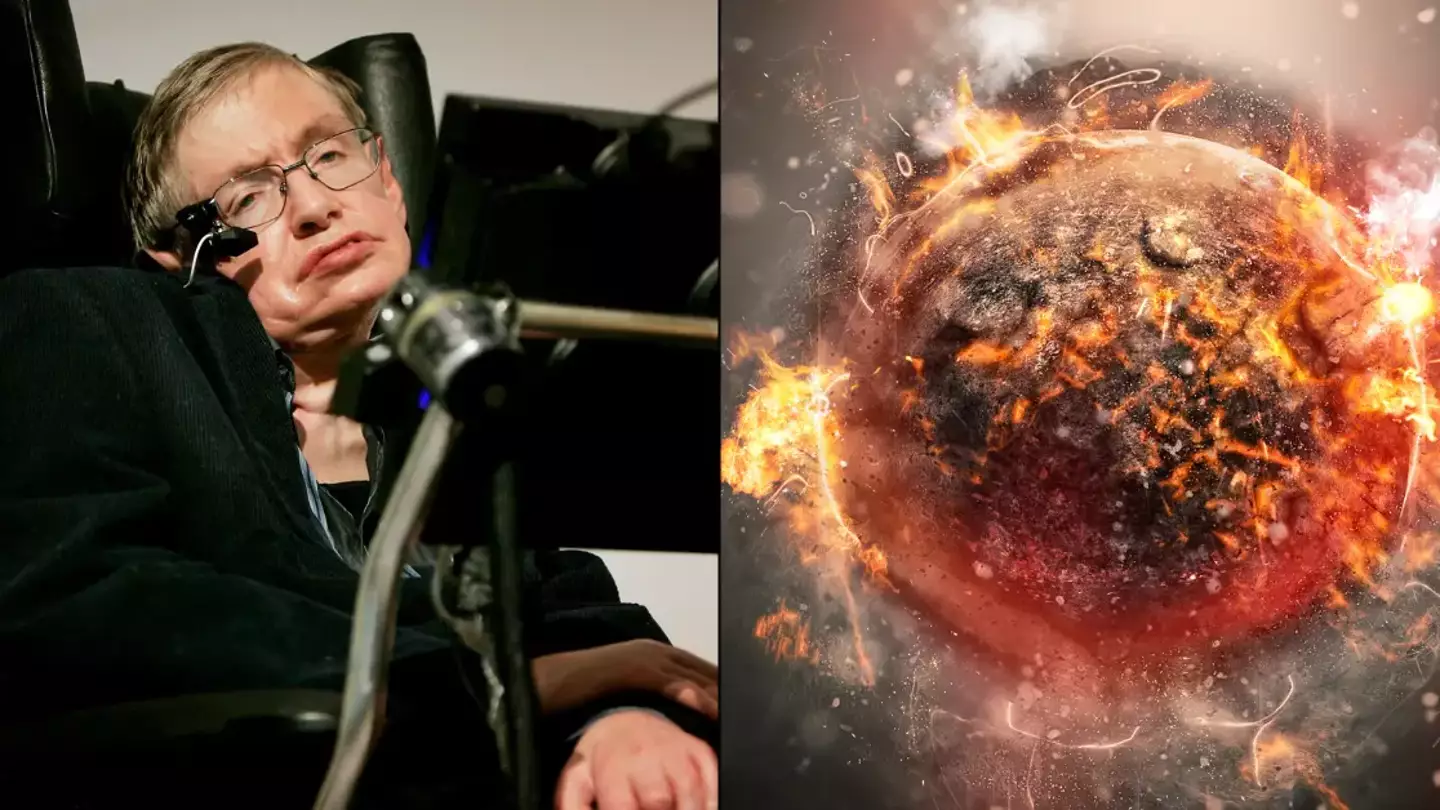
The late Stephen Hawking thought the world was going to end sooner than we might think.
It’s a grim subject to consider on a Tuesday morning, but here we are.
One of the most famous scientists of all time once made a damning statement about our future if we continue on our current trajectory.
Hawking was no stranger to setting predictions about our future, though this stands as one of his most famous, as he gave us a year to look out for.

His prediction about our future was harrowing (Bruno Vincent/Getty Images)
The famous physicist and author of The Theory of Everything foresaw a grim scenario for us in just under 600 years.
Prior to his passing back in 2018, he explained that factors such a population growth and energy consumption could transform the Earth into a ‘giant ball of fire’, unless we changed something.
The former University of Cambridge mathematician explained his prediction of our impending doom at the Tencent WE Summit in November, 2017, as he revealed that the world’s population up to that point was doubling every 40 years.
He explained: “This exponential growth cannot continue into the next millennium,
“By the year 2600, the world’s population would be standing shoulder to shoulder, and the electricity consumption would make the Earth glow red-hot.
“This is untenable,” Hawking said in his computer-generated voice.
It has recently been reported Hawking’s chilling claims have been backed up by NASA, though they have since denied this, as a spokesperson highlighted to Newsweek: “NASA has not made this claim.”

Come 2600, Hawking believes that Earth could look something like this (Getty Stock Photo)
The space agency are worried about global threats to humanity though, adding: “For more than 50 years, NASA has studied our home planet, providing information to directly benefit humanity and producing observations that can only be gathered in space that address some of the areas that Hawking mentioned.”
So, is it too late to make a change?
Hawking had previously explained to the BBC in 2016: “Although the chance of a disaster to planet Earth in a given year may be quite low, it adds up over time and becomes a near certainty in the next thousand or 10,000 years.”
He attributed this prediction to global warming, climate change and the greenhouse effect as the main causes of bringing Earth to its demise.
In the years since, it doesn’t look like humanity has changed much in these departments.
The end of the world may actually be closer than previously predicted, as Hawking also pointed towards nuclear war, artificial intelligence and pandemics as existential threats.
Two down, one to go.


